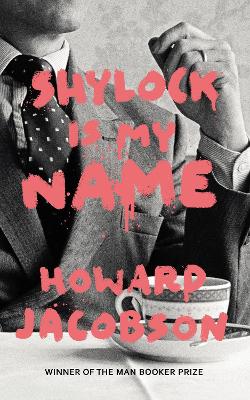Reviewed by gmcgregor on
During most of the book, it's unclear whether Shylock is a hallucination seen only by Simon, our protagonist, but eventually other characters interact with him as well. How exactly this works is never explained, which is confusing because Shylock is a pretty major character. Why Jacobson chose to gloss over this detail while including an entire section about Simon's failed first marriage to a Gentile woman is a choice I found confusing and kind of off-putting. What I found far more off-putting though, was Simon's relationship with his daughter Beatrice, which is at the center of the plot. He spends an awful lot of time thinking about his daughter's sexuality, whether it's the boys she's sleeping with (and whether or not they have a foreskin) or thinking about his daughter's body in ways that seem way too close to the line of impropriety for a father. I'm a reader who really looks for character-driven dramas, and none of the characters, including Simon, Shylock, and Beatrice were particularly well-developed or interesting.
Ultimately, I just felt like this book wasn't for me. And by that I mean that besides my own quibbles with the writing choices, it was very concerned with Jewish male identity, particularly as it relates to fatherhood. As a childless Gentile female, the long discussions between Shylock and Simon about their shared religion/culture and their struggles as fathers to young Jewish women were just things I have no frame of reference to appreciate or understand. Since that was a central conceit of the novel, I never connected with it and unless those are issues that are relevant or appealing to you, I can't imagine that many people would enjoy reading it. I pushed myself to read it as quickly as I could so I could move on to the next thing.
Reading updates
- Started reading
- 29 May, 2016: Finished reading
- 29 May, 2016: Reviewed
